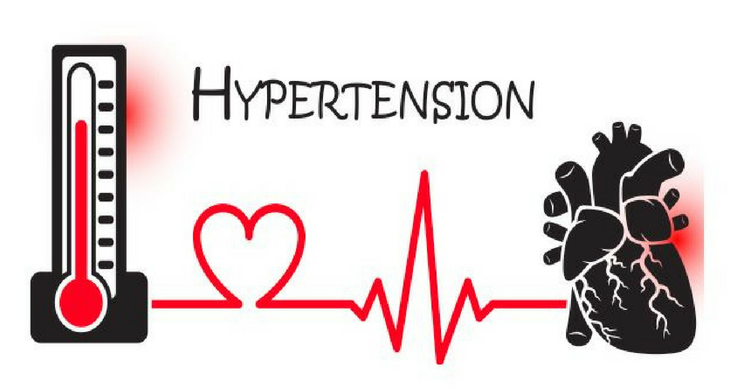
Coca-Cola has initiated a recall of various canned and bottled drinks across Europe because of elevated levels of chlorate, a chemical substance that poses risks of fire or explosion.
The company has recalled Coke, Sprite, Fanta, and other beverages
The recall involves cans and glass bottles distributed since November from last year in Belgium, the Netherlands, the United Kingdom, Germany, France, and Luxembourg, according to Coca-Cola Europacific Partners Belgium. They informed AFP that, while no “precise figure” was available, a “substantial quantity” of beverages had been impacted.
Chlorate can negatively impact the human body, particularly if consumed in high amounts or over a prolonged period. Here are some key effects:
1. Toxicity to Red Blood Cells: Chlorate can interfere with the normal function of red blood cells by oxidizing hemoglobin, forming methemoglobin. This reduces the blood’s ability to carry oxygen, potentially leading to symptoms such as fatigue, dizziness, and shortness of breath.
2. Kidney Damage: Chlorate can strain or damage the kidneys, as these organs work to filter and remove the chemical from the body. Prolonged exposure or ingestion of large amounts may lead to renal dysfunction.
3. Thyroid Effects: Chlorate can disrupt thyroid function by interfering with iodine uptake. This can impair thyroid hormone production, which is essential for regulating metabolism and other bodily functions.
4. Oxidative Stress: Being a strong oxidizing agent, chlorate can cause oxidative stress in cells, potentially leading to cellular damage and inflammation.
5. General Symptoms: Ingesting chlorate-contaminated food or drink might result in nausea, vomiting, diarrhea, or abdominal pain, depending on the level of exposure.
Risk Level
Small amounts of chlorate, such as those found in regulated drinking water, are generally not harmful. However, long-term or high-level exposure can pose significant health risks.



My question is from reading the article about Coca-Cola and European countries. Does this chemical in any of the United States Coca-Cola that is produced and is there going to be a recall and if they put that chemical in there and you have problems with your kidneys or other things is there gonna be a lawsuit good question.
This chemical is still not detected in Coca Cola USA but if you consume this substance in large quantities, it can cause serious health problems!